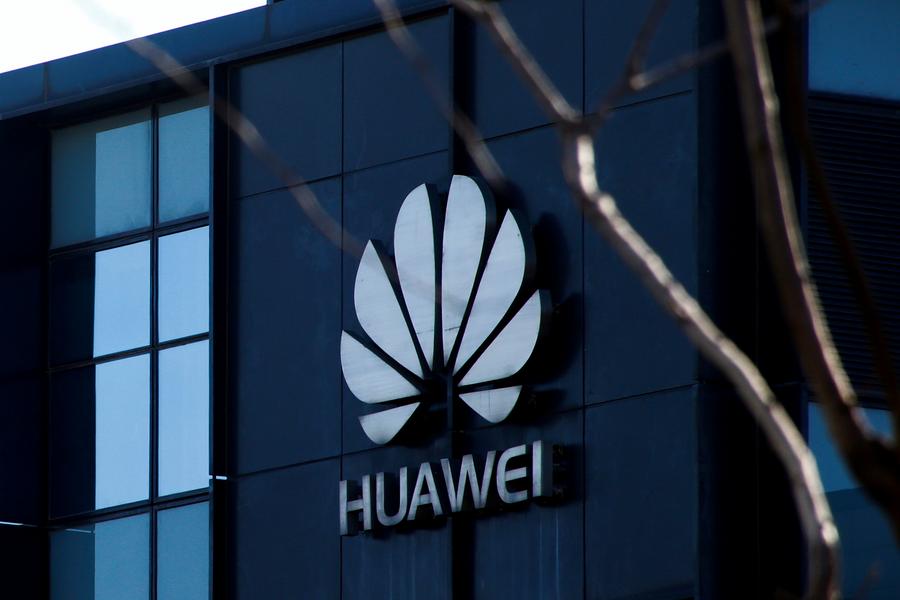Washington's smear campaign against Huawei doomed to fail


US President Donald Trump said last week that he wants the United States to become a technology leader through open and fair competition rather than by blocking others of their "currently more advanced technologies." The message came as a surprise because US officials have been busy waging an aggressive smear campaign against Huawei, Chinese telecommunications equipment maker and the world's leading 5G technology player.
In the week leading to Trump's speech, US Vice-President Mike Pence and Secretary of State Mike Pompeo went from Warsaw to Munich to Brussels to pressure Europeans to ban Huawei from their 5G networks or face US "punishment".
Many expected Trump's words to put an end to the smear campaign, but they have proven ineffective. Major European countries have come out one after another, saying they will make their own decisions, and some have already refused to impose a total ban on Huawei as ordered by Washington.
However, the US State Department has ignored Trump's remark that Washington does not seek to artificially block any companies in 5G. At the Mobile World Congress in Barcelona which opened on Monday, US State Department ambassador for cyber and international communications Robert Strayer continued to portray Huawei as a national security threat, without providing any evidence.
The logic for Strayer and other US officials seems to be that Huawei is guilty until proven innocent, a violation of the legal principle that has been held dear by the international community, including under the UN's Universal Declaration of Human Rights. That is why Vodafone CEO Nick Read, who operates the biggest mobile carrier in the Western world, questioned the unsubstantiated allegation by the US. Read not only warned that removing Huawei equipment would be "hugely disruptive" to 5G rollouts, but also said that he prefers to make sure "we have a fact-based conversation".
Read was not alone. I sought the views on Tuesday of Clemens Fuest, a prominent German economist, who also challenged the logic of assuming that a company poses a security threat simply because it is based in China.
While the US has been making all kinds of speculative allegations against Chinese telecom companies, Huawei's rotating chairman Guo Ping shed light on Wednesday by calling out the US as the true threat to cybersecurity.
In an article in the Financial Times, Guo said that if the US National Security Agency wants to modify routers or switches in order to eavesdrop, a Chinese company will be unlikely to cooperate. He cited a leaked NSA document which said NSA wanted "to make sure that we know how to exploit these (Huawei) products". Guo argued that Huawei "hampers US efforts to spy on whomever it wants," emphasizing that "Huawei has not (planted) and will never plant backdoors".
In a 2014 article, the German news magazine Spiegel, too, had revealed that the NSA made considerable efforts to spy on Chinese politicians and companies, with Huawei being a major target.
The current episode reminds people of five years ago when the US, then led by president Barack Obama, lobbied its European allies to not join the Asian Infrastructure Investment Bank, by questioning the AIIB's governance and environmental standards. However, major US allies from Europe to Asia, such as the United Kingdom, Australia and the Republic of Korea, all defied the US and became the founding members of the AIIB.
That seems to be increasingly the case as more countries from Europe to Asia to Africa to Latin America defy the US and embrace Huawei's 5G technology, a technology that is a product of global cooperation.
The author is chief of China Daily EU Bureau based in Brussels.


































